5 Things to Consider Before You Buy a Greenhouse
Aspiring gardeners and horticulture enthusiasts often find themselves contemplating the idea of investing in a greenhouse. These structures provide a controlled environment for cultivating plants, extending the growing season, and fostering optimal conditions for a variety of crops. However, before taking the plunge into greenhouse ownership, here are five crucial considerations to ensure you make an informed decision.
1. Purpose and Functionality
Before purchasing a greenhouse, clearly define its intended purpose. Are you focused on growing delicate flowers, starting seedlings, or cultivating a year-round vegetable garden? The greenhouse's purpose will influence its design, size, and features. Understanding your specific needs ensures that the chosen greenhouse aligns with your gardening goals.
2. Size Matters: Assessing Available Space
Greenhouse size is a critical factor that depends on the available space in your yard or garden. Consider not only the footprint of the structure but also its height. A larger greenhouse offers more growing space and versatility but may not be practical for smaller yards. Assess your available space and choose a size that accommodates both your gardening ambitions and the physical limitations of your property.
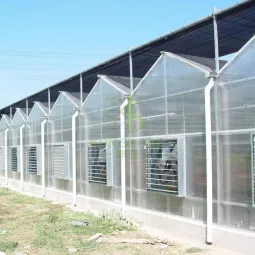
3. Material Selection: Durability and Climate Considerations
Greenhouses are constructed from various materials, each with its own set of advantages and considerations. Common options include polycarbonate, polyethylene, and glass. Assess the climate of your region and choose materials that provide the necessary insulation and durability. For example, polycarbonate is known for its excellent insulation properties, making it suitable for colder climates, while polyethylene is lightweight and more cost-effective.
Explore more:Agricultural
How long do commercial greenhouses last?
Selecting the Right Planting Flat Trays: A Gardener's Guide
Revolutionizing Farming: How GFS Agricultural Water Tanks Are Changing the Game
How Long Do Walnuts Last?
Companion Planting with Vegetable Seeds: Tips for a Pest-Free Garden
What are the benefits of NPK blended fertilizer?
4. Ventilation and Temperature Control
Proper ventilation is crucial for maintaining an optimal growing environment within the Custom greenhouse. Consider the ventilation options offered by different greenhouse models, such as roof vents, louvers, or side vents. Additionally, think about temperature control mechanisms, including shading systems and automated ventilation, to prevent overheating during warmer seasons. A well-ventilated greenhouse ensures a stable and conducive environment for plant growth.
5. Budget and Long-Term Investment
Establish a realistic budget for your greenhouse project, taking into account not only the initial purchase cost but also ongoing expenses for maintenance, heating, and cooling. While it might be tempting to opt for the most affordable option, consider the long-term benefits and durability of the greenhouse. Investing in a quality structure upfront can save you money in the long run and provide a more stable and efficient environment for your plants.
Conclusion: Growing Success in Your Greenhouse Endeavor
In conclusion, the decision to purchase a greenhouse is a significant step toward cultivating a thriving garden. By carefully considering the purpose, size, materials, ventilation, and budget, you can make an informed choice that aligns with your gardening aspirations. A well-chosen greenhouse becomes not only a shelter for your plants but also a hub for year-round gardening success.
How do you use controlled release fertilizer?
Plastic Seedling Trays: A Sustainable Solution for Growing Green
High Tunnel Vs. Greenhouse: Which Is Right For You?
What are the advantages of a crawler tractor?
What is the highest yielding tomato seed?
The Benefits of Soaking Walnuts Before Eating
What is the difference between controlled release and slow-release fertilizer?
455
0
0
Related Articles



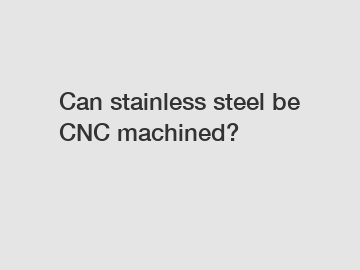


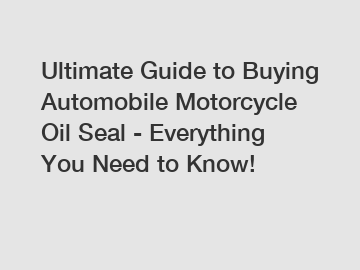

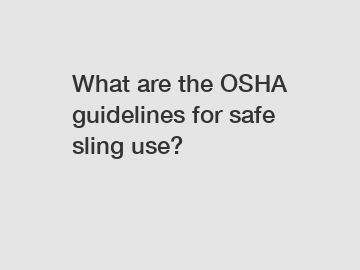
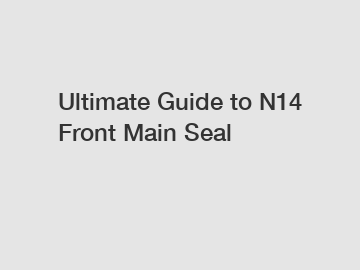
Comments
All Comments (0)